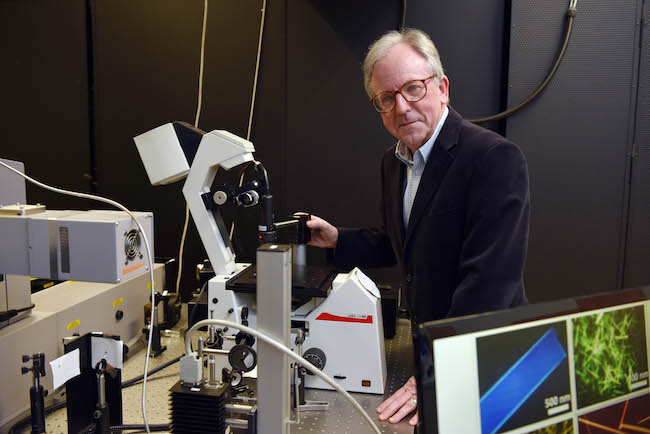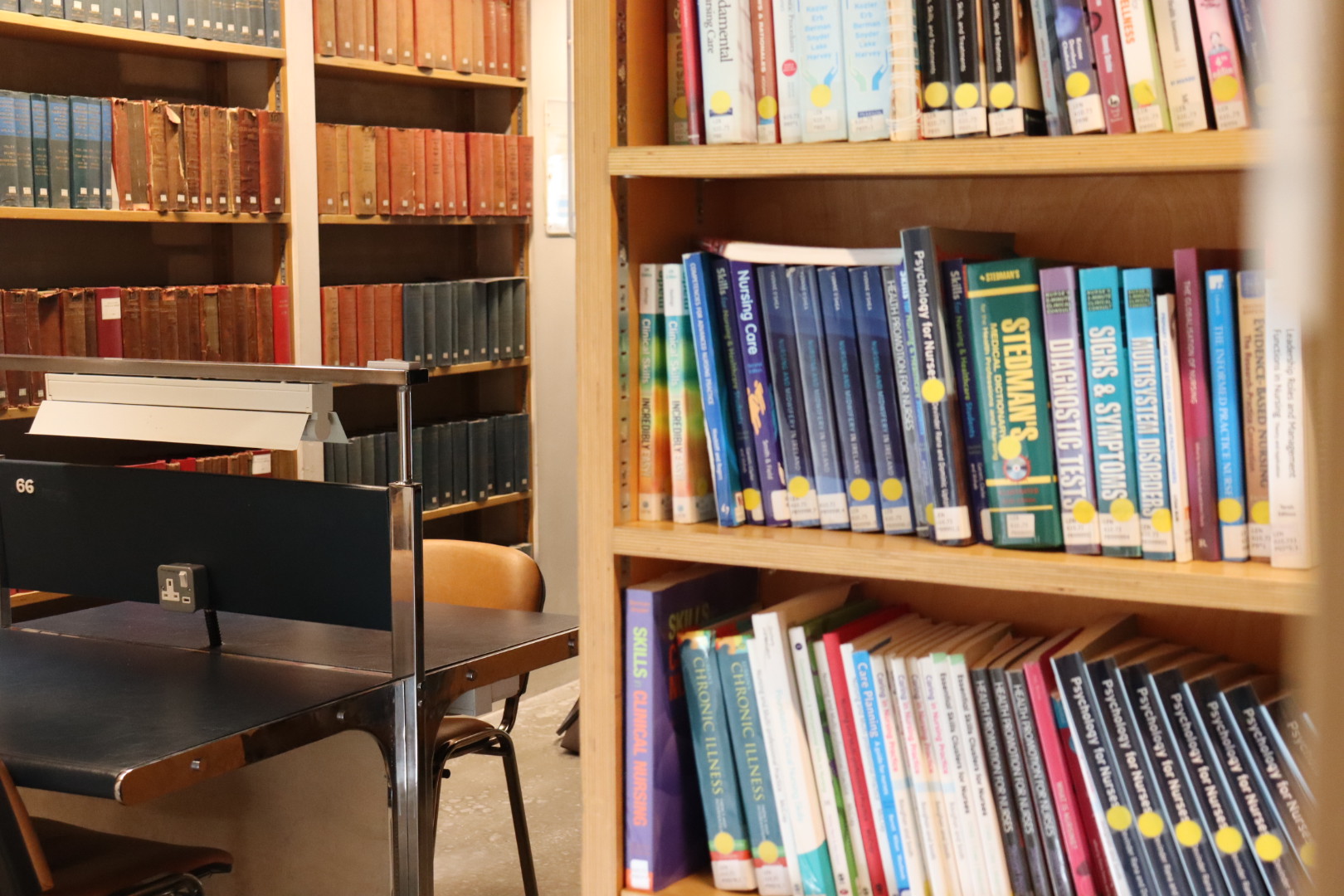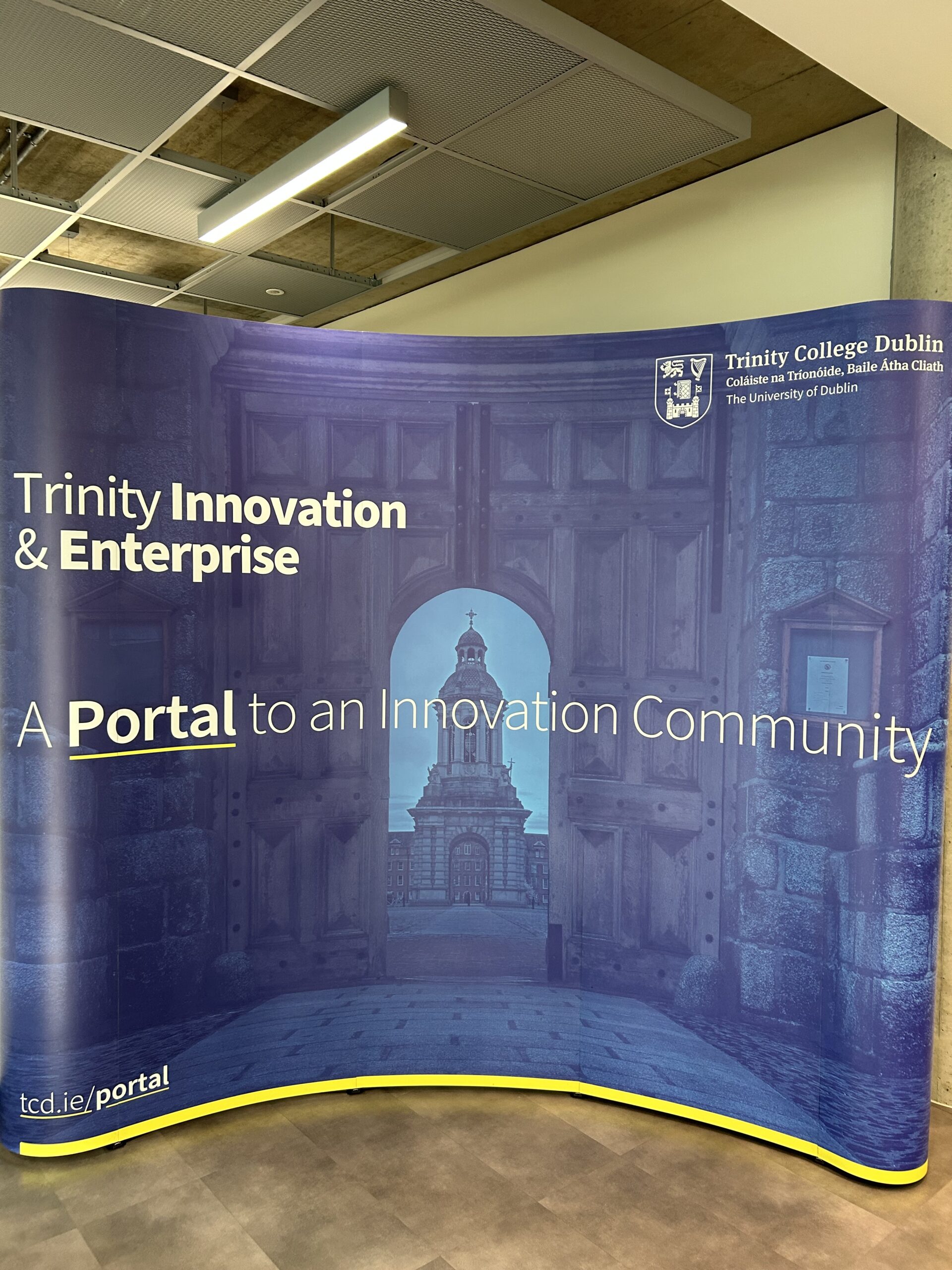Science Foundation Ireland (SFI) has awarded Prof John Donegan from the School of Physics €1.46 million for his research into a more energy efficient internet through its principle investigator scheme.
The funding is intended to further the research into use of lasers for more energy efficient internet. Donegan’s research specifically is dedicated to the lighting up of global optical networks by use of individual semiconductor networks.
The award will benefit two SFI-funded research centers in Trinity, AMBER (Advanced Materials and BioEngineering Research) and CONNECT. Donegan is an Investigator in both of these centers. Running until 2020, it will back the work of three graduate students, two postdoctoral researchers and five researchers.
Donegan’s research will attempt to develop lasers that can operate at on an unchanging wavelength over a range of temperatures as this is one of the main factors that contribute to energy usage.
CONNECT is co-funded by the European Regional Development Fund. Due to the collaborative research between Donegan’s team and Nokia Bell labs, Nokia Bell labs have an interest in the project.
AMBER aims to develop new devices and material for different sectors, in particular focusing on medical devices, ICT and industrial technology sectors, by providing leading research into material science and industry. The center is in collaboration with CRANN (Centre for Research on Adaptive Nanostructures and Nanodevices), the Trinity Centre for Bioengineering and with University College Cork (UCC), the Royal College of Surgeons of Ireland (RCSI) and is hosted by Trinity.
Research into future networks and communications is undertaken by CONNECT, headquartered in Trinity, with other offices in Dublin City University (DCU), Dublin Institute of Technology (DIT), UCC and NUI Maynooth. It is home to 160 researchers.
Optical networks use roughly one per cent of the world’s total electricity supply, the information transmitted is using light and they make up a critical portion of the world’s internet. Due it the massive growth rate of this infrastructure it has been suggested that the electricity usage could rise to five per cent by 2020. The ICT sector is particularly interested in this research as it has the potential to increase broadband speeds to over 100 mb per second.
Donegan, commenting on the award in a press release, said: “A major impediment to growth in the future is the electrical power required to operate the net. Our research will investigate a range of new laser structures that operate with much improved efficiency and I look forward to further testing our devices with industry.”
“These lasers are quite efficient, but still require an in-built cooling system to keep the laser at a precise wavelength”, he explained: “The research team will also look at a range of different semiconductor laser structures and work on the integration of new materials.”







